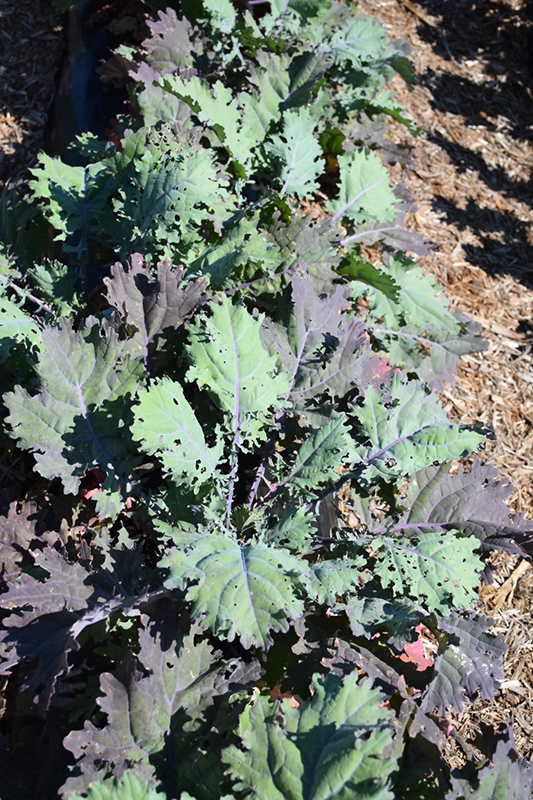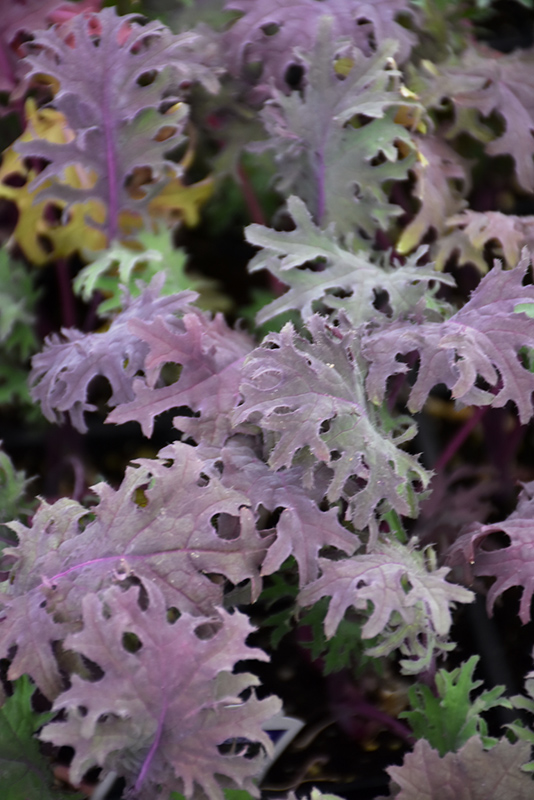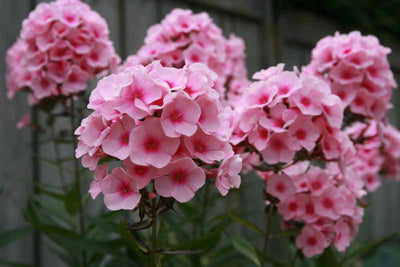Plant Library
Red Russian Kale
Brassica napus var. pabularia 'Red Russian'
Height: 24 inches
Spacing: 18 inches
Sunlight:
![]()
![]()
Hardiness Zone: (annual)
Description:
This variety produces beautiful large, grey green and purple edible foliage; performs well in cooler conditions; this super food is a great addition to any salad; mature leaves are great for soups or baked off as chips; great for the garden or containers
Edible Qualities
Red Russian Kale is an annual vegetable plant that is commonly grown for its edible qualities. The deeply cut lobed grayish green leaves with showy purple variegation are typically harvested when mature. The leaves have a pleasant taste.
The leaves are most often used in the following ways:
- Fresh Eating
- Eating When Cooked/Prepared
- Cooking
Planting & Growing
Red Russian Kale will grow to be about 24 inches tall at maturity, with a spread of 12 inches. When planted in rows, individual plants should be spaced approximately 18 inches apart. This fast-growing vegetable plant is an annual, which means that it will grow for one season in your garden and then die after producing a crop.
This plant is typically grown in a designated vegetable garden. It does best in full sun to partial shade. It does best in average to evenly moist conditions, but will not tolerate standing water. It is not particular as to soil pH, but grows best in rich soils. It is somewhat tolerant of urban pollution. Consider applying a thick mulch around the root zone over the growing season to conserve soil moisture. This is a selected variety of a species not originally from North America, and it is considered by many to be an heirloom variety.
Red Russian Kale is a good choice for the vegetable garden, but it is also well-suited for use in outdoor pots and containers. It can be used either as 'filler' or as a 'thriller' in the 'spiller-thriller-filler' container combination, depending on the height and form of the other plants used in the container planting. Note that when growing plants in outdoor containers and baskets, they may require more frequent waterings than they would in the yard or garden.






